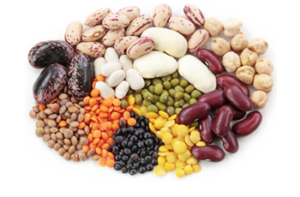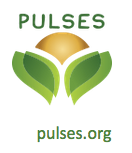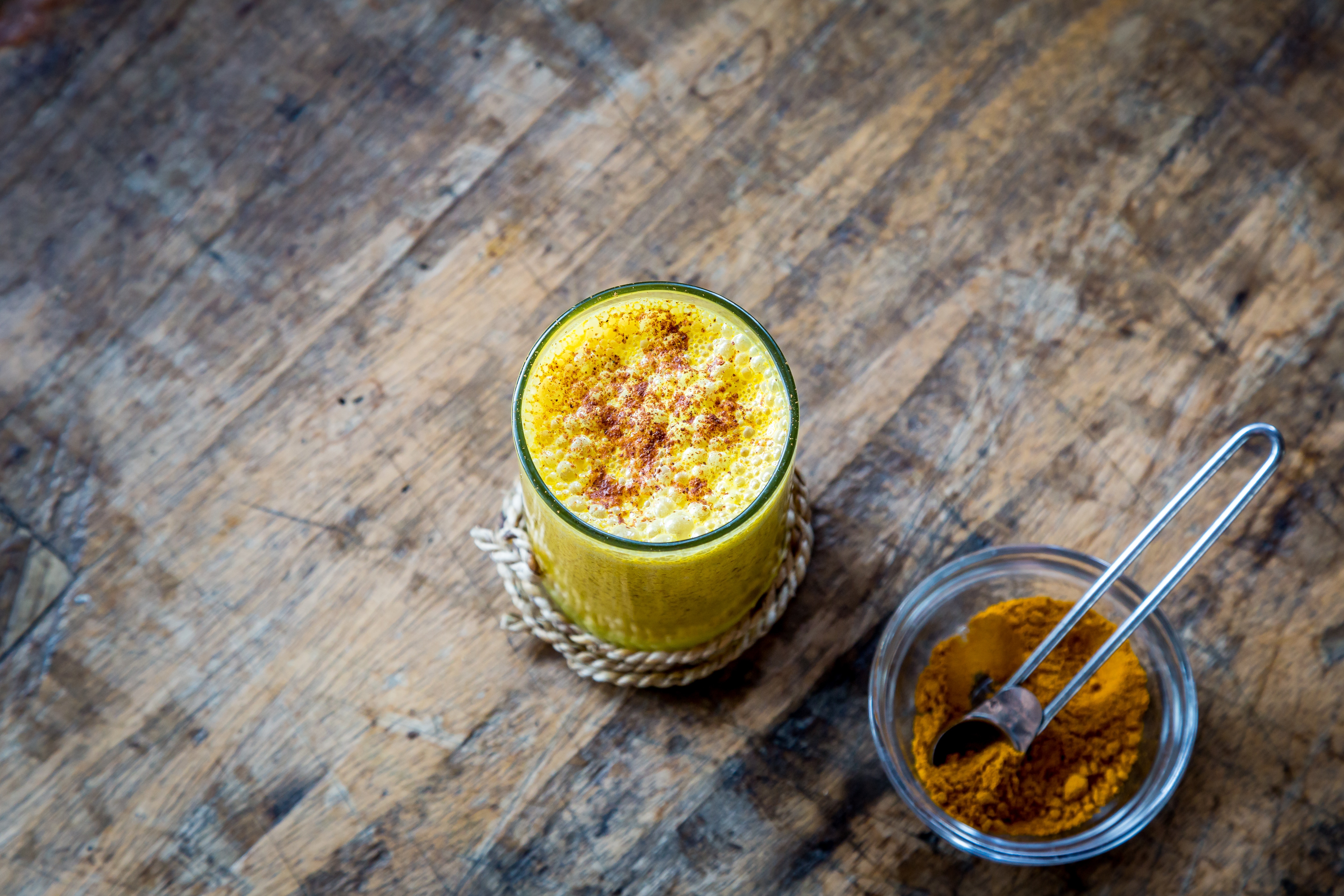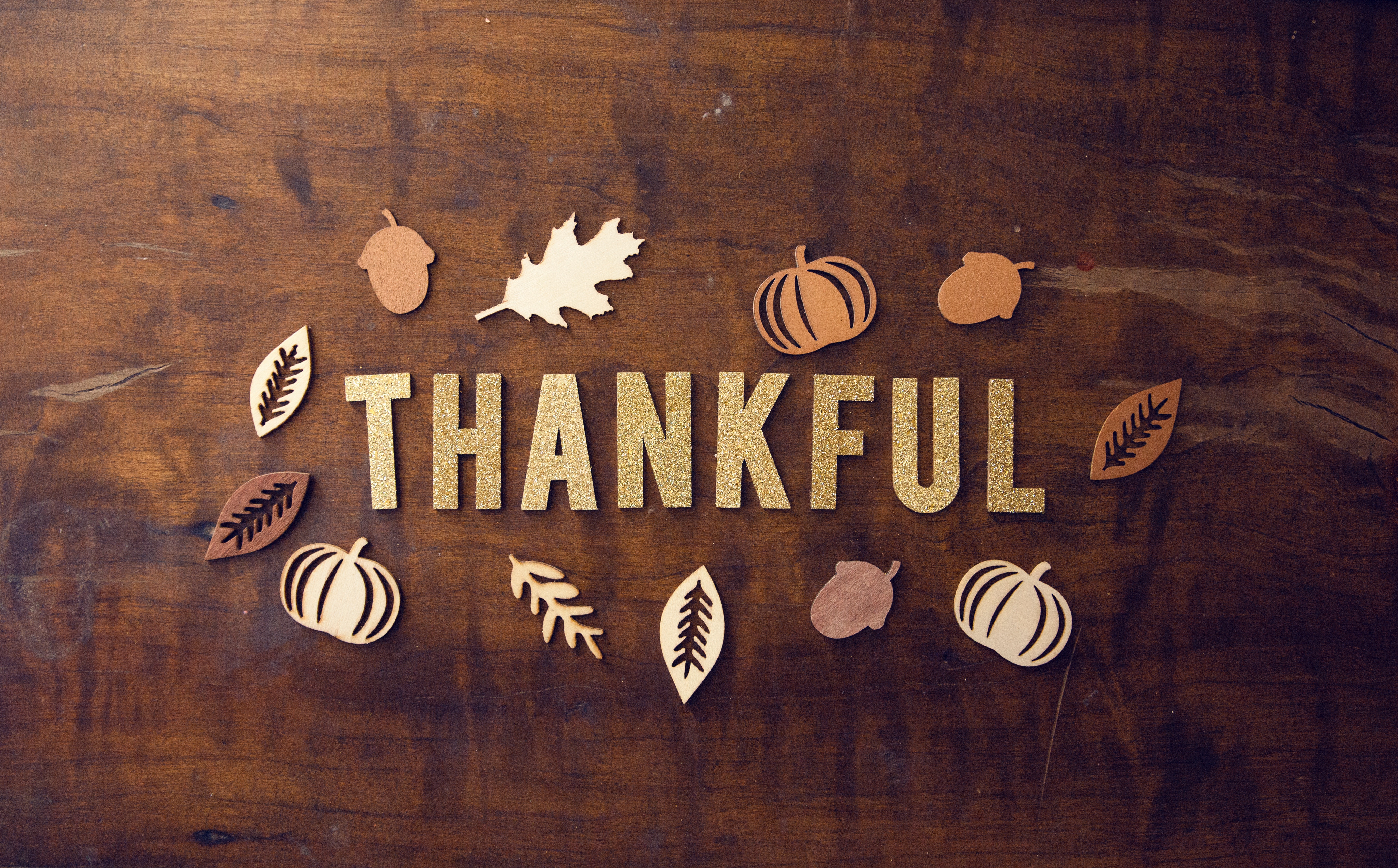Beans, peas, and lentils (which includes peanuts and soybeans) belong to the pulse family, more commonly known as legumes. Though once frequently present at the dinner table, the use of most beans in the United States has consistently declined over the past century, and only about 14 percent of the population eats beans on any given day!*
United States has consistently declined over the past century, and only about 14 percent of the population eats beans on any given day!*
The year 2016 has been declared the International Year of Pulses, making it the perfect time to learn why beans, peas, and lentils are powerhouse foods worthy of incorporating into to any healthy diet:
1. Plant-Protein
- Legumes are contain a large number of essential amino acids, the building blocks of protein. Protein in necessary to support bone and muscle health. And, unlike animal protein, the plant-protein in legumes comes without additional saturated fat and cholesterol (and you get a long more bang for your buck, too, beans are cheap!). Did you know a cup of cooked lentils has 18 grams of protein?!** Try replacing a couple servings of animal-based protein foods (think red-meat, poultry, or seafood) with legume based dishes each day–like with this easy red lentil soup.
2. Fiber
- Legumes are rich sources of fiber, both insoluble and soluble. Fiber-rich foods like legumes promote good digestive and cardiovascular health and assist in blood sugar regulation, satiety, and weight management. Adult men should aim for 38 grams of fiber a day, while women should aim for 25 grams. Just half a cup of black beans has about 10 grams of fiber.** Have you ever thrown together a quick black bean and corn salad? Try low-sodium canned beans and frozen corn for maximum time-savings, and add in edamame (green soybeans) for an extra protein boost!
3. Vitamins & Minerals
- Legumes are great plant-based sources of folate and other B-vitamins, as well as iron, zinc, magnesium, and even calcium. One cup of white beans meets nearly 20% of calcium requirements and over 40% of iron!** I love these white bean and kale stuffed sweet potatoes–they are surprisingly simple! Beans also make great dips, many of us are familiar with hummus, a chickpea (garbanzo bean) spread, but have you ever tried a white bean dip? Bean spreads like these can really add a nutritious punch to snack-time!
Pro tip: cook and eat your beans with foods containing Vitamin C, like tomatoes or lemon juice, to increase iron absorption!
Will you be in the Raleigh, North Carolina area May 19th-22nd? Come join me at the Annual Plant-Based Prevention of Disease Conference which will feature expert speakers (including yours truly!) on plant-based nutrition along with a special legume food drive for the the Food Bank of Central and Eastern North Carolina in honor of the International Year of Pulses, and “to encourage people to eat more beans.” Attendees can bring 1-2 pound bags of dry beans or any variety of plain canned beans. Learn more here.
 *US Department of Agriculture, Economic Research Service (ERS). Food availability (per capita) data system. Version current 4 December 2014. Internet:
*US Department of Agriculture, Economic Research Service (ERS). Food availability (per capita) data system. Version current 4 December 2014. Internet: 


